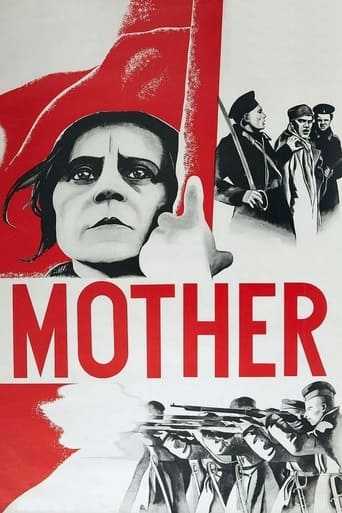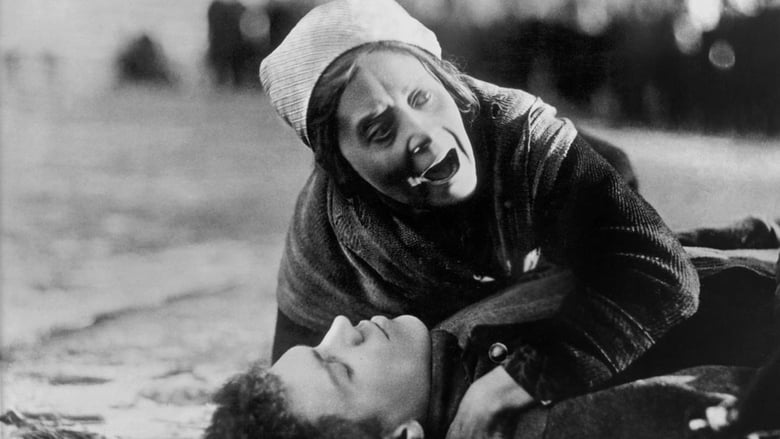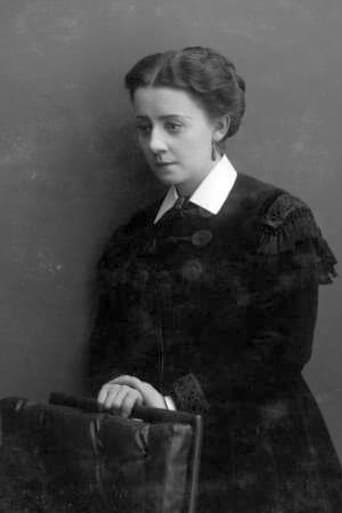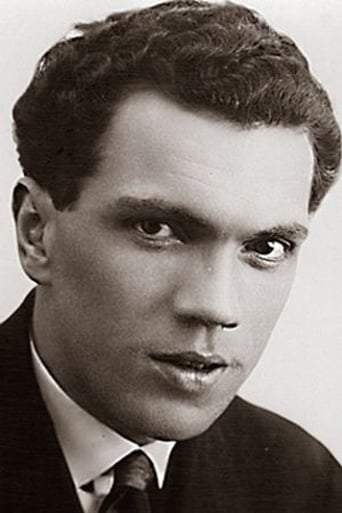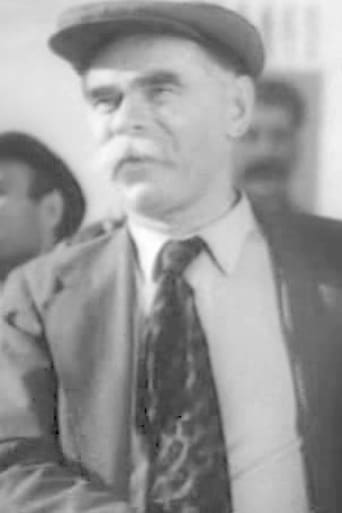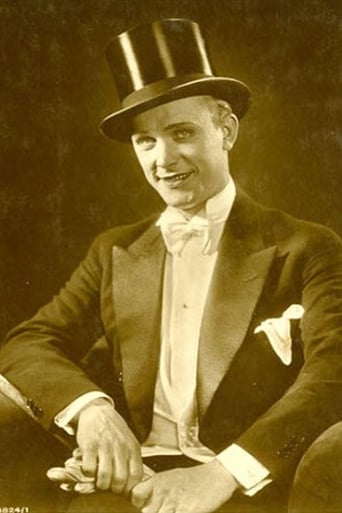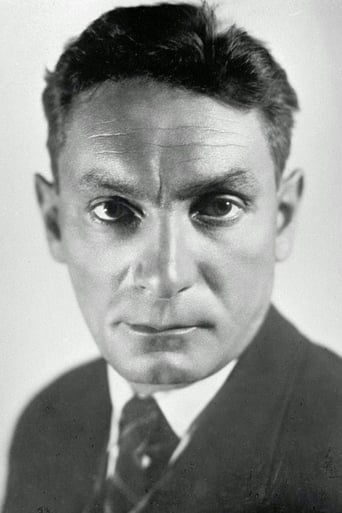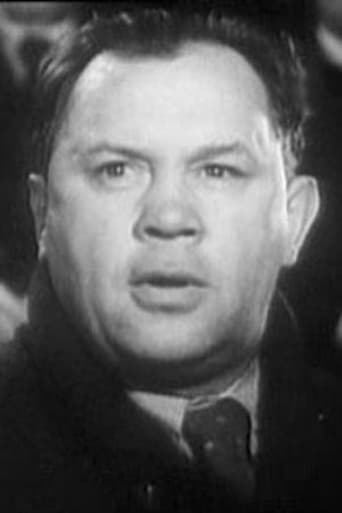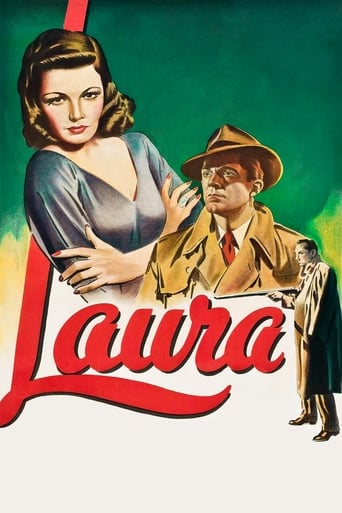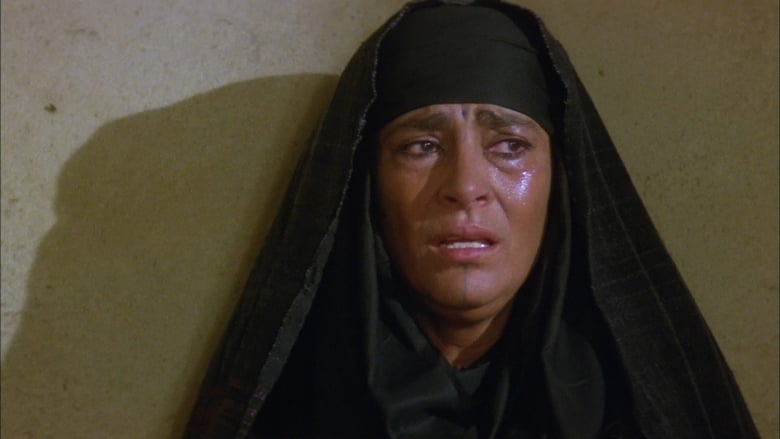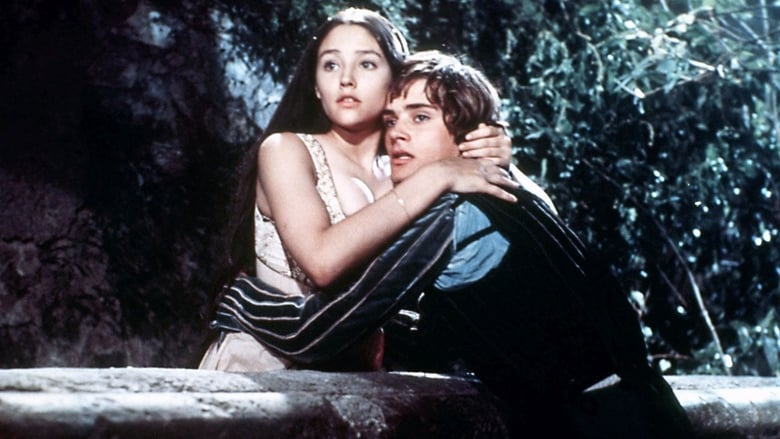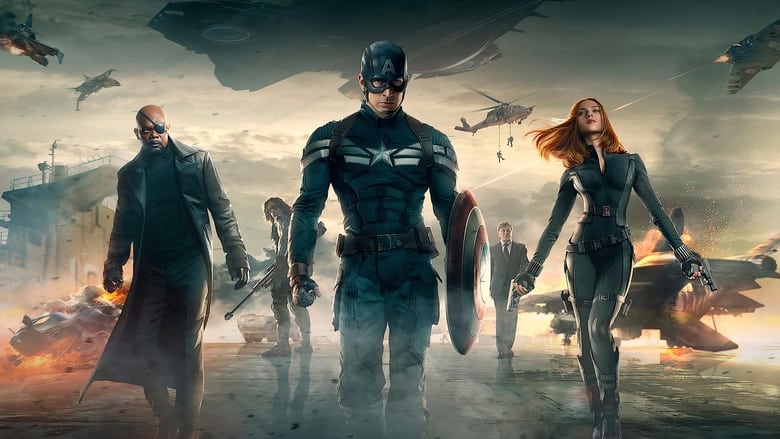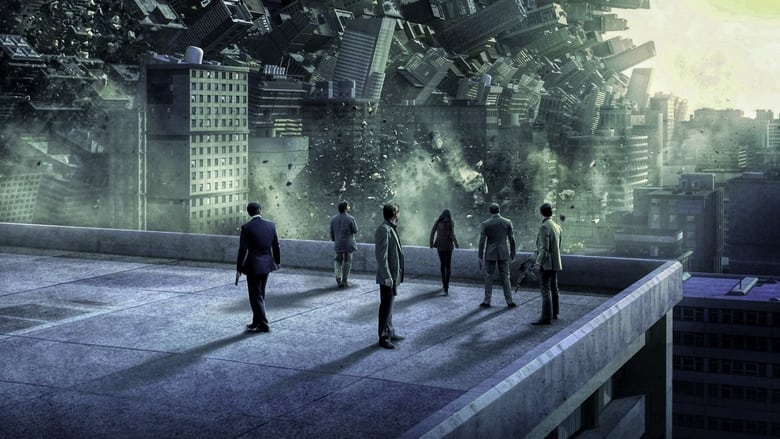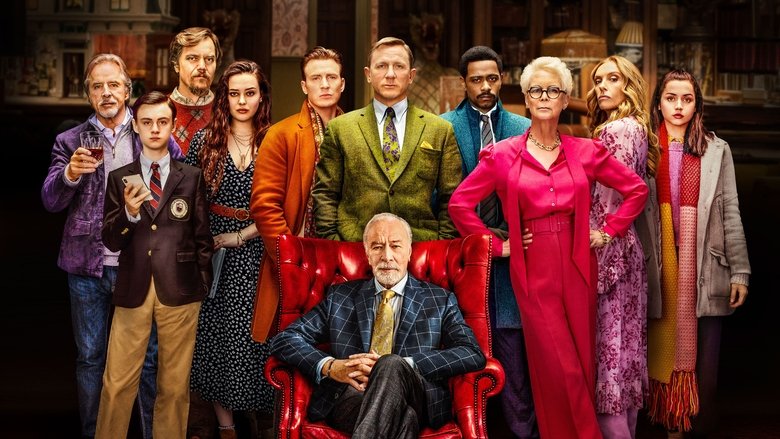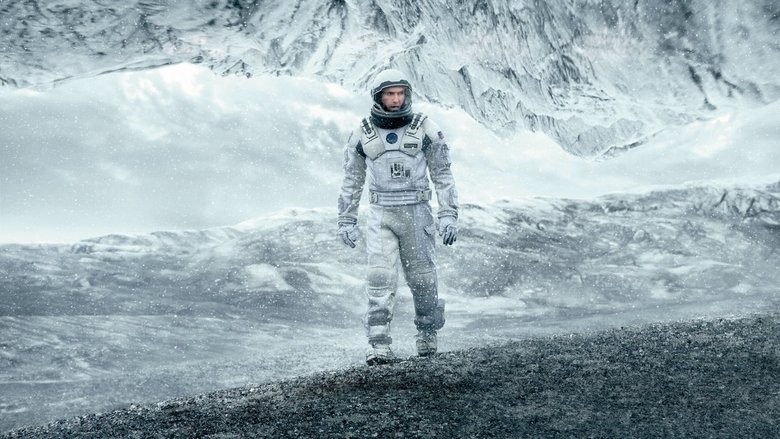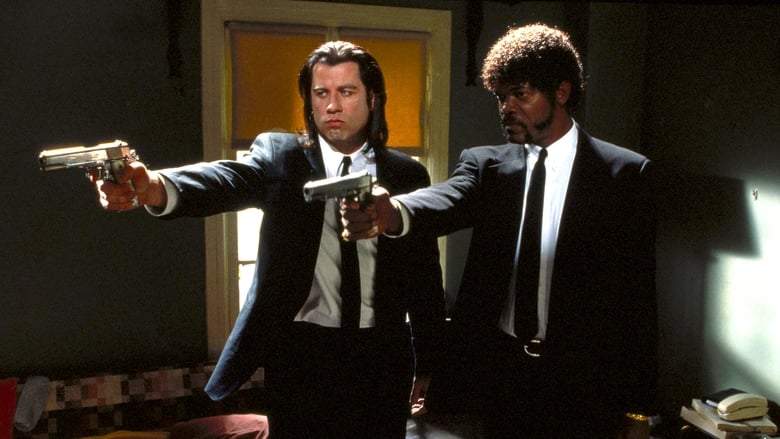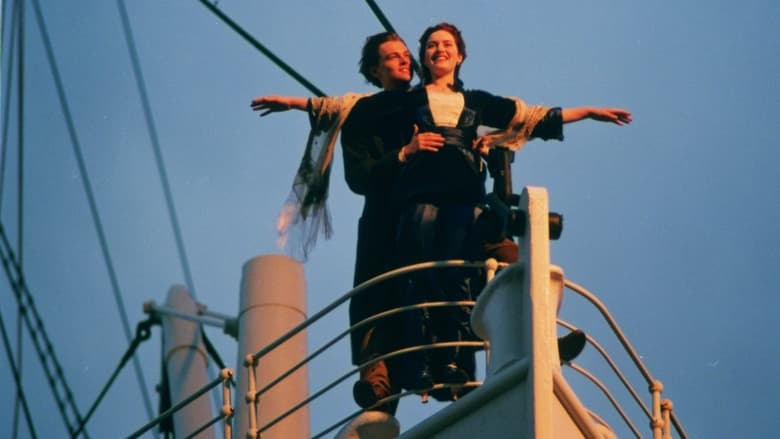A Soviet woman is caught between her husband and son, who find themselves on opposing sides of the Russian Revolution.


Similar titles
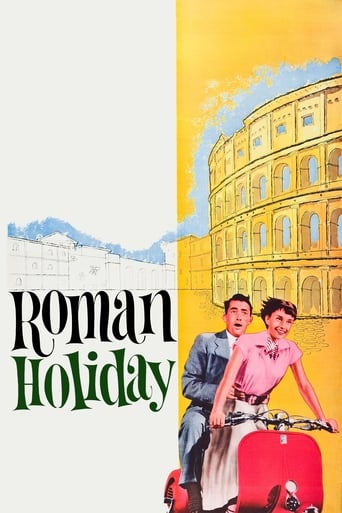


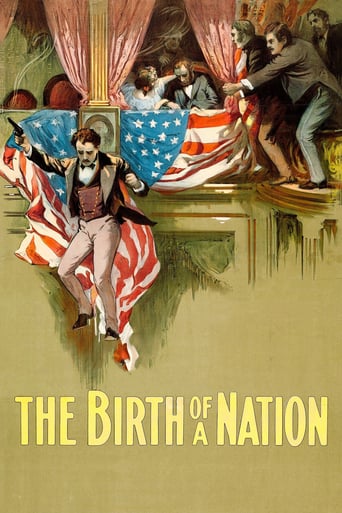


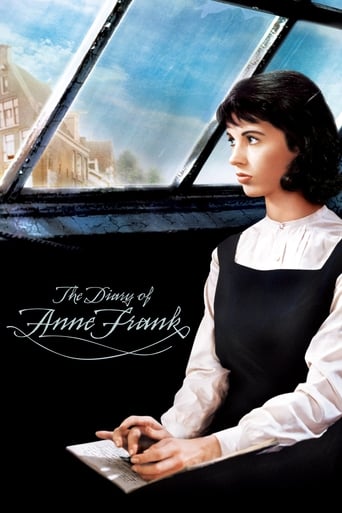
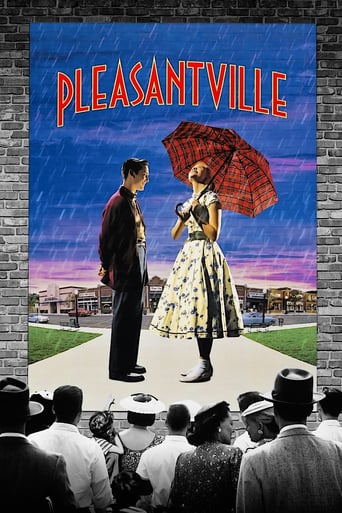

Reviews
Mother follows a divided family during a workers strike in the Russian Revolution of 1905. After the father is killed in a skirmish and the son is sentenced to work at a labor camp, the mother revises her ideology and helps to plan a prison escape. The film concludes with troops subduing the revolt and the death of the mother and son at the hands of the soldiers. Vsevstol Pudovkin's (1893-1957) method of montage more closely resembles Kuleshov's "brick laying" method, where the combination of cutting helps to more effectively convey or dramatize an event, in contrast to Eisenstein who advocated a montage of colliding images to generate a meaning that cannot be depicted on film. The film may be silent, but the sounds are transmitted from the image. We feel the silence drop in the bar as the father demands vodka. Mother marks a clear development in the structure and formation of the motion picture, but modern day audiences may be desensitized to the films spell. The film utilizes a cinematic language familiar to the contemporary moviegoer, but we may take the easily followed, continuous action and cutting that develops suspense for granted as we witness everyday movie vocabulary in its conception. While Pudovkin shared different theoretical views from Eisenstein, the film includes abstract sequences as well. After the death of the father, Pudovkin cuts to several images of trees blowing in the wind as a break in the action. He draws a parallel between blocks of ice plummeting down a river and the crowds of people marching, while also establishing simultaneous action for a crucial plot point near the end of the film. Mother also experiments with subjectivity, as we iris to the mother's memory of her son hiding weapons (using an x-ray vision effect to show the storage beneath the floorboards) and as we are given images of water and a child after Pavel reads the getaway plan as if to show his yearning for freedom. While the portrayal and privileging of a hero, the prison escape sequence and the climactic chase renders Mother rather Hollywood, ultimately the film is too tragic to be a Hollywood film.
a film of its time. adaptation of touching work. a good cast. a great montage. water as symbol, key and word for a silent movie about human storm. large isles of propaganda. and powerful, precise, touching silhouette of masterpiece. it is more than a film or page of history. more than instrument of regime. more than a kind of reflection for a profound social metamorphose. it is a unique meeting. with a subtle art to glorify a regime without sacrifice the truth. a show of nuances. and fabulous act of Vera Baranovszkaia. her role is exploration of small pieces of mother heart. the novel of Gorki is scene for one of powerful demonstration to present reality behind the words. and this is secret of this movie like many others Russians films. the heart of a sensitivity in perfect light, with delicate shadows.
Structures shaping into motion, motions reshaping into structure, against each other, so that the whole thing is like a snowstorm rolling down a hill; gathering itself to itself. Which is to say the people to the people, in an effort at once to reshape and portray the reshaped world.Look here. The first third ends with a murder, so the entire part is about wild kinetic energy building to it; disenchanted workers plotting a strike – the metaphor for revolution, as so often in these films – factory cronies plotting to break them, pitting rugged father against idealist son. Meanwhile the factory owners, disinterested, arrogant, oversee the bloody drama from their lofty window.The second third ends with injustice, and so the entire second part is about the mockery of justice; a colonel promising the hapless mother her son – the instigator of events - will be okay if she surrenders a hidden stash of guns, then arresting him, followed by a mock trial where each of the judges presiding is a parody of human values.The final part is about revolution, so the entire thing is about the preparations of the final stand. Again the revolutionary metaphor, so poignant in these films; a prison filled entirely with workers, farmers, the oppressed with a dream languishing somewhere. And so, everything becomes imbued with meaning; the prison walls as walls at large, the doors slammed open with conflict, the bridge where passage is presaged by a rite of violence.The strikers scattered by mounted police into a mob, it's the mother who picks up the banner of revolution. Down by the bridge, floating ice is shattered on the concrete pillars; ice dissolves, floating away, but the bridge stands.And so the suffering and sacrifice of the nameless heroes is transformed into structures that will stand the test of time; bridges, factories, where the banner of revolution unfurls at the top, enduring symbols of a thriving industry, a healthy, self-sufficient nation. We may think what we want about the equation in terms of politics, but how it's equated through cinema? It comes with the natural ease that only a filmmaking tradition so deeply centered in its worldview could afford; the individual is transmuted, engulfed into a collective structure - the Soviet god in place of a god - , in a way that reveals the individual struggle to have been redolent with purpose all along. It's a spiritual vision, make no mistake; about communion with the life-destroying, life-renewing source; about harmony of structure from the chaos of forms.
Released right after "Battleship Potemkin", "Mother" shows a woman forced to choose between siding with her labor-organizing son or her corrupt husband. The movie makes double sure that we get to see the living conditions in Russia in 1905, but it also uses ice as a metaphor. There are a few scenes where we see ice breaking up on the ocean; it basically shows that the old order is slowly but surely coming apart. I have to admit that this is the only Vsevolod Pudovkin movie that I've ever seen, but it's certainly a good one, if only as a historical reference. A noticeable difference between Eisenstein and Pudovkin was that Eisenstein was into typage (meaning that he liked to choose any random person who looked right for the role), while Pudovkin was very fixated on whom he wanted.
